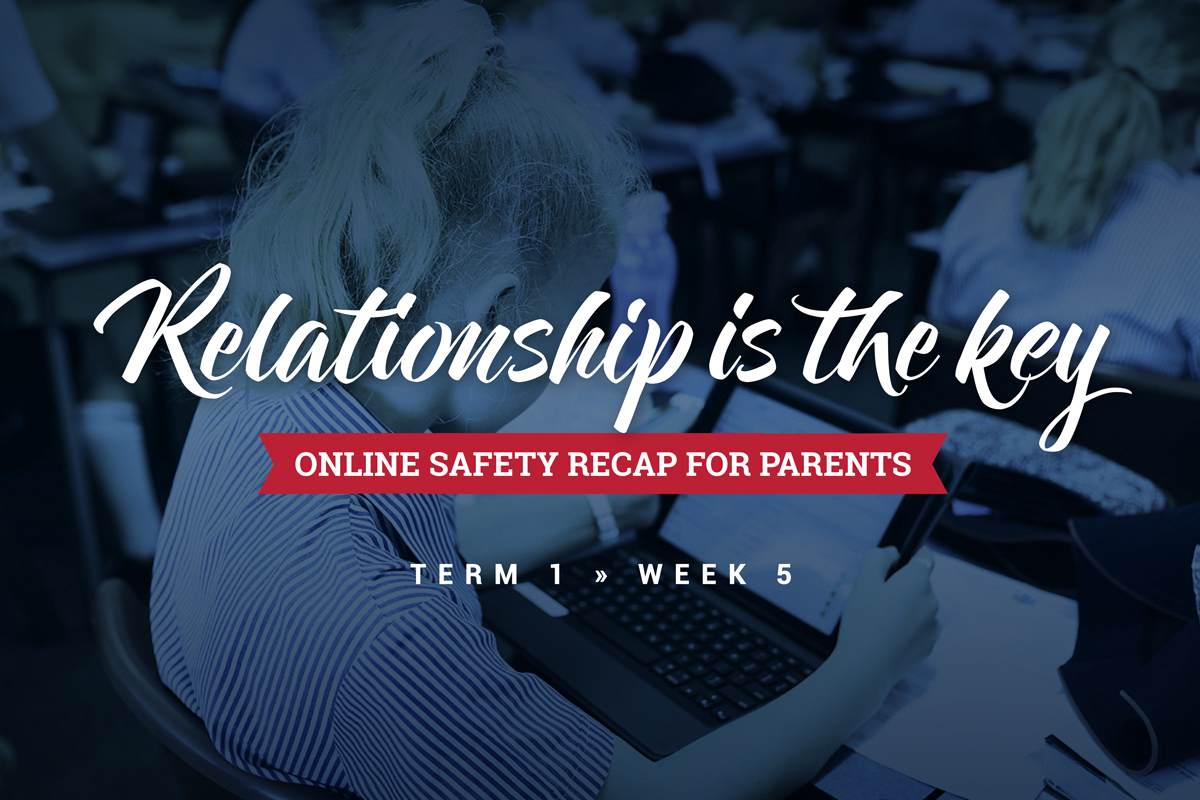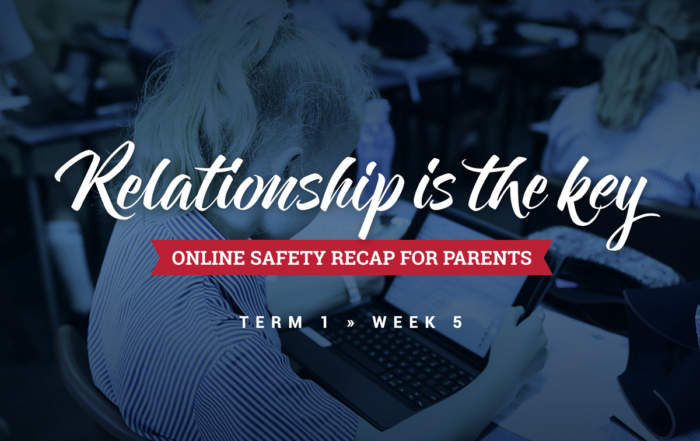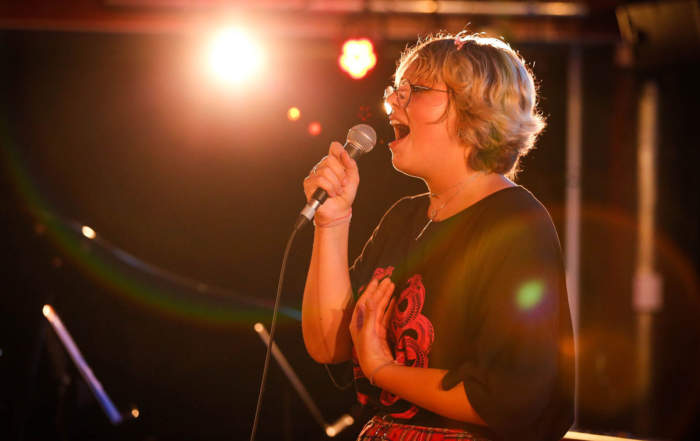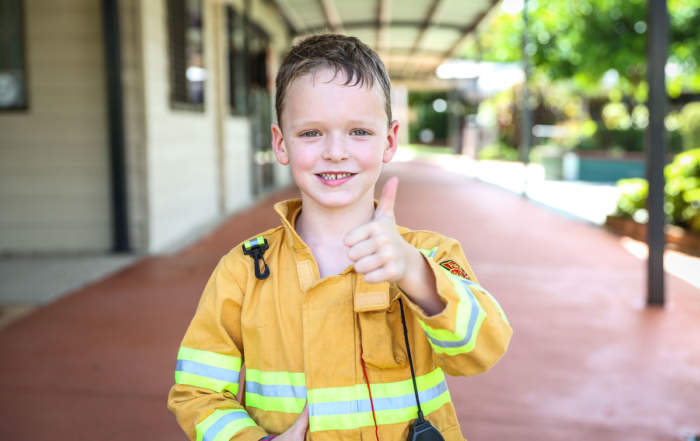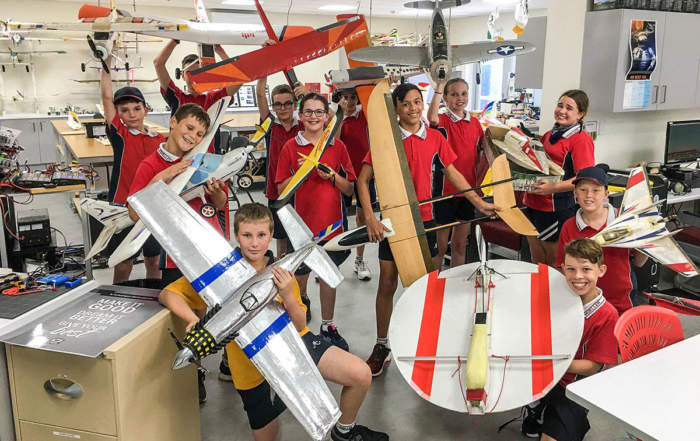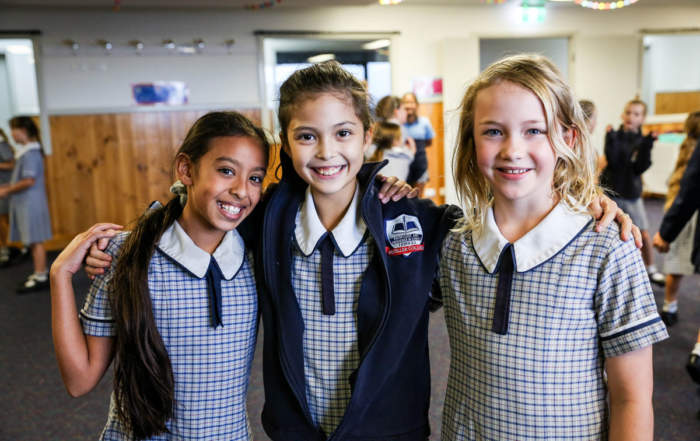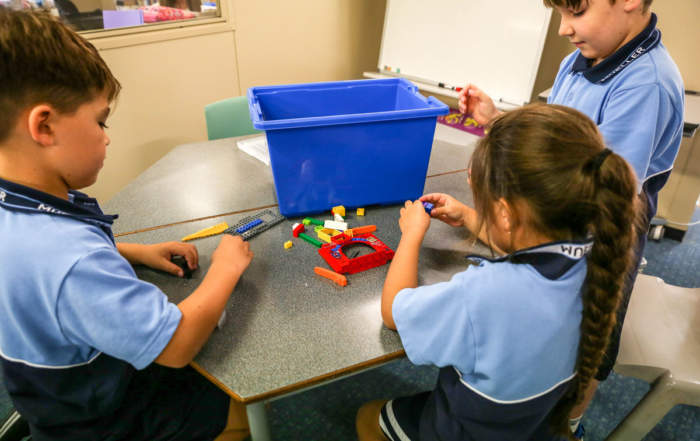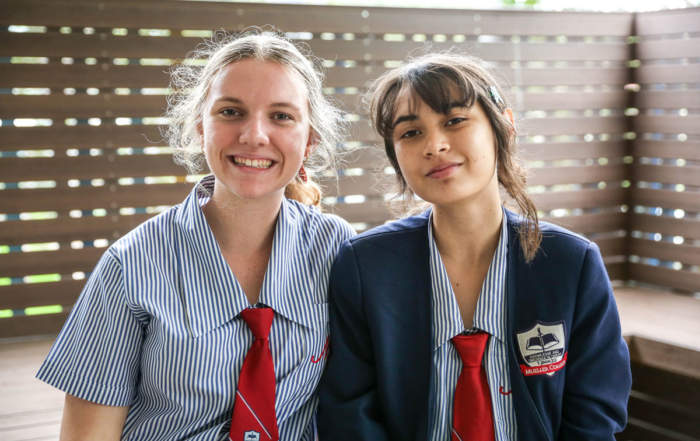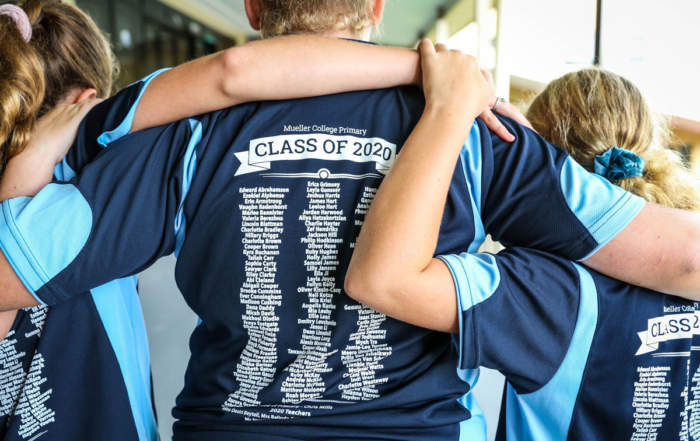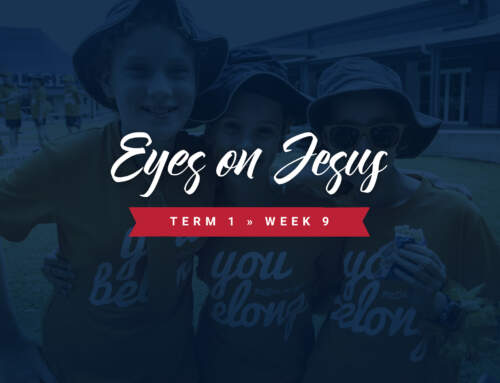On Wednesday evening, Liz Walker, Managing Director of Youth Wellbeing Project and Director of Health Education at Culture Reframed, was invited to present at the annual Mueller College Parent Technology Information Evening. An accredited sexuality educator, speaker and author, Liz provided parents with an overview of the problems our children are facing when it comes to device and internet use.
Throughout the program, Liz addressed the current reality in relation to youth wellbeing and internet use. In this era, statistics show that 65% of boys and 30% of girls first view porn by age twelve, and 81% of girls feel pressured to sext for attention and acceptance.
There are many reactions one can have to this information. To some, this is not a surprise. In an increasingly over-sexualised society, it is not unexpected that the age of sexual exposure is plunging. To others, this is an absolute shock. Twelve-year-olds should be choreographing dances and playing soccer on the oval, not perusing sexual content on the internet.
Liz suggests that both of these views have the potential to raise concern because in her opinion, it is not the initial reaction that matters; it is what we do with this newfound knowledge that counts.
To the parent of the child who expects their twelve-year-old to seek out sexually explicit content and to the parent of the child who expects their twelve-year-old to remain blissful in their ignorance, the message is the same: this is a problem that needs to be addressed with our children.
The way our parents raised us just doesn’t cut it anymore. This world is a different place to the one we were raised in. In the age of accessibility, our children are more susceptible to losing their childhood earlier than ever before, and a once-off talk about the birds and the bees has the potential to be too little too late. So, what can be done?
Liz Walker suggests that early and frequent, contextually- and age-appropriate sexual education aids in the protection of child and youth wellbeing. Her suggestions included:
- Commenting on advertisements on television or in shopping centres by addressing the appropriate or inappropriate attire or content, and evaluating its impact on audiences,
- Discussing lyrics of songs and the connotations embedded within,
- Using stories to address relevant content,
- Having resources available to facilitate open conversation,
- Fostering an environment where help rather than punishment is the expected adult reaction,
- Discussing safe and trusted adults that children can approach should they need support,
- Discussing what to do when concerns arise.
In case it wasn’t clear, the underlying message of these suggestions is this: relationship is the key. Our children need to know where to stand on these matters, and they need to know that we’re there for them no matter what happens. This kind of clarity only comes with conversation.
Education is the way to reframe culture and set our children up for success.
Following her presentation, Liz sat amongst a number of panellists who discussed the varying facets of technology use, both at school and at home. Some key takeaways included:
- Snapchat, Instagram and Tik Tok are the most commonly used applications. Whilst they can be very entertaining, many of their features are extremely concerning and, therefore, it is recommended that given age restrictions are honoured and that parents confirm appropriate restrictions are applied, paying particular attention to location services, privacy parameters and the student’s details relating to age.
- Vault apps are trending. These applications appear as standard applications such as a Calculator or Photos, but actually hide inappropriate content behind password protected barriers. These apps are distinguishable by the symbol of a padlock positioned somewhere on the icon.
- Investing in a parental control monitoring app that monitors text messages, emails and social activity for signs of harmful interactions and content is worthwhile. It is recommended that the introduction of this arrangement is a collaboration involving all parties to ensure the children understand the principles that underpin its implementation.
- On Apple devices, the feature Screen Time allows for implementation of “Content & Privacy Restrictions”. It is recommended that parents explore the options available.
- The school educates students regarding online safety in every year level in age-appropriate ways.
- School Managed Devices are not fully secure and therefore, their use at home should still be monitored.
Throughout the night, it became evident that our children need to be equipped and protected; they need support and structure; they need care and community.
Evidently the old saying “it takes a village to raise a child” is more prevalent than ever and we’re each called to play a role. Whilst the school is able to monitor device use when students are on campus, it is the parents that must take on this responsibility at home. Whilst the school is able to provide focused sexual education over the course of a child’s educational career, parents must help their children apply this in the community. As a school, it is our desire to support you in this endeavour as we continue to “aim to prepare students for life in the world and eternity by applying Biblical principles through excellent education in a distinctly Christian environment”.
Jessica Challenor

